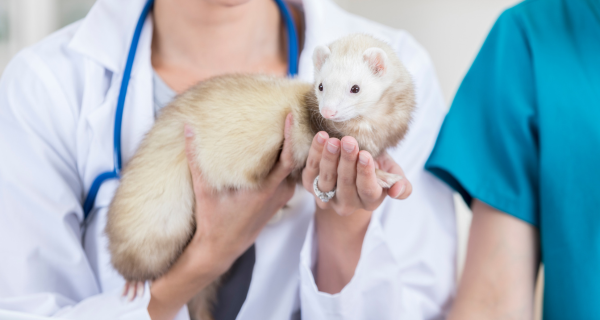

Information supplied by Michelle Marquardt - BVSc (Hons) MRCVS for The Pet Directory
More and more people are keeping ferrets as pets. They’re sociable, smart and playful, and they’re great for small spaces like apartments. But keeping your ferret in good health involves more preventative health care than keeping a pet like a rabbit or a rat. Here are the basics
Vaccinations
All ferrets need yearly vaccinations against Distemper, a deadly viral disease which also affects dogs. In Australia there are no dedicated ferret vaccines, so a type of dog vaccine is used. Young ferrets need vaccinations at 8 and 12 weeks of age, then annual boosters.
Heartworm Prevention
Ferrets are very susceptible to heartworm, which is spread by mosquitoes. Even one heartworm can be lethal, so all ferrets should be on heartworm prevention throughout their lives. This is usually in the form of a monthly tablet or liquid which is available from your vet.
Ask your vet which one’s the best for you!

Friendly Ferrets!
This article discusses what to feed your pet ferret
as well as some of the antics they can get up to!
Desexing
This is performed at 4-6 months of age. Female ferrets that aren’t going to be used for breeding MUST be desexed at this age. A female ferret that comes into season and isn’t mated will stay on season. The estrogen levels associated with this will eventually lead to bone marrow suppression, anaemia and death. For this reason it’s very important to get your female desexed as soon as she’s old enough to have a safe anaesthetic. It’s recommended that male ferrets also be desexed, as it helps reduce aggression, particularly in the breeding season.
Worming
Ferrets rarely have trouble with intestinal worms unless they are kept in overcrowded or unhygienic conditions, however they can pick up tape worms if they have fleas. “Felex Paste” at a dose of 1ml per kg is safe and effective.
Fleas and Mites
Ferrets can pick up fleas just like dogs and cats. They can also suffer from ear mites and mange. A number of dog and cat flea products have been used safely and effectively in ferrets and many will kill mites as well.
Ferrets are very social animals and love to interact with their owners on a day to day basis.

We have ferrets who love to shower with us, do the dishes, vacuum and generally be part of our day to day lives. They are all so different.
Ferrets cannot sweat. They need to have lots of room to move, they need toys, tunnels for stimulation and food (high protein cat / ferret biscuits..only a quality product such as Eagle Pack, and plenty of water.
Fresh meat day & night but do not leave out
Pet ferrets need a calm, quiet place to sleep and a dirt area to dig and your ferret will be as happy as a ferret can be. Ferrets love to have their own specially made ferret box to hide in and to sleep in. They also enjoy a ferret hammock.
If you are going away you must consider your ferrets welfare. There are many pet minders who would love to care for your pet while you are on holidays or away from home for any reason.
Ferrets need special care when you're not there
If for some reason you can no longer keep your ferret you could seek the advice of a 'ferret club' or 'ferret welfare group'
Preventative Health Care for your Ferret
Here is a link to an 'article on ferrets' to learn about Vaccinating against disease, Heartworm Prevention, Desexing, Worming and Fleas and Mites treatments.



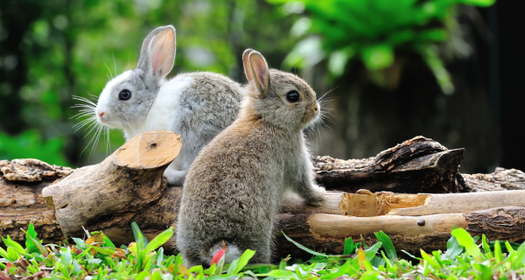
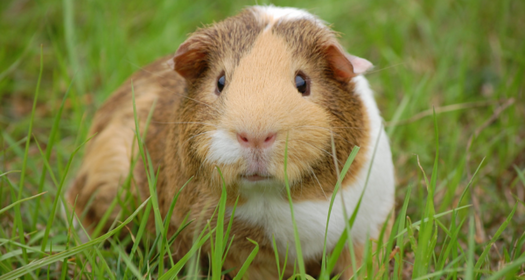
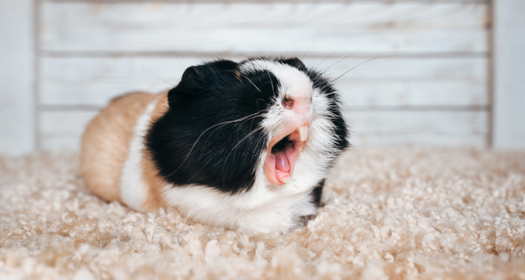
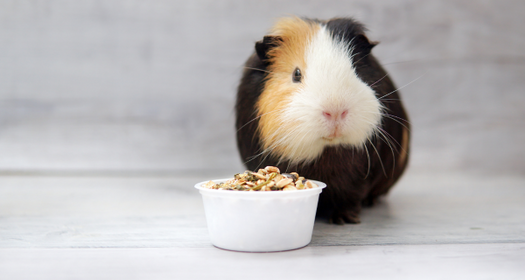
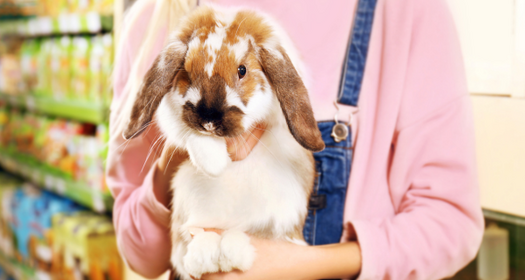



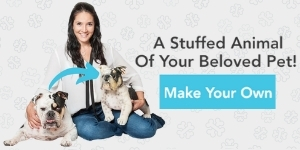
Leave Comment Below